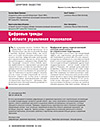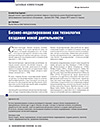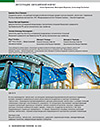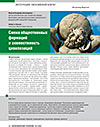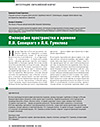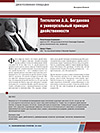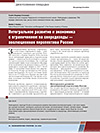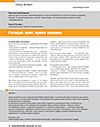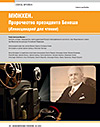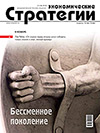
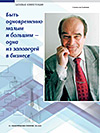
In August 1982, the newspaper Pravda published an article by A.I. Prigozhin and S.V. Hainish “Consultant is required” — the first publication on management consulting, just emerging in the USSR. At the same time in Moscow, a course of lectures was given in this area, hundreds of listeners who already knew firsthand such terms as problem diagnostics, innovation policy, a consultant shared their experience with interest and enthusiasm. What evolution has done management and investment consulting for nearly 40 years, how to build a successful business in today’s Russian environment and what should be changed in the mind and business culture, what mechanisms must be used to ensure the continuous development of the company — these and many other issues of management consulting were discussed by Alexander Ageev and Stanislav Hainish, Director of the Center for Management and Investment Consulting (IMI Consulting) of the International Research Institute for Management Problems, head of managerial courses on organizations active development, leading field management consultant in Russia, the author of more than 100 monographs, scientific articles and a holder of three certificates for inventions.
Продолжить чтение



